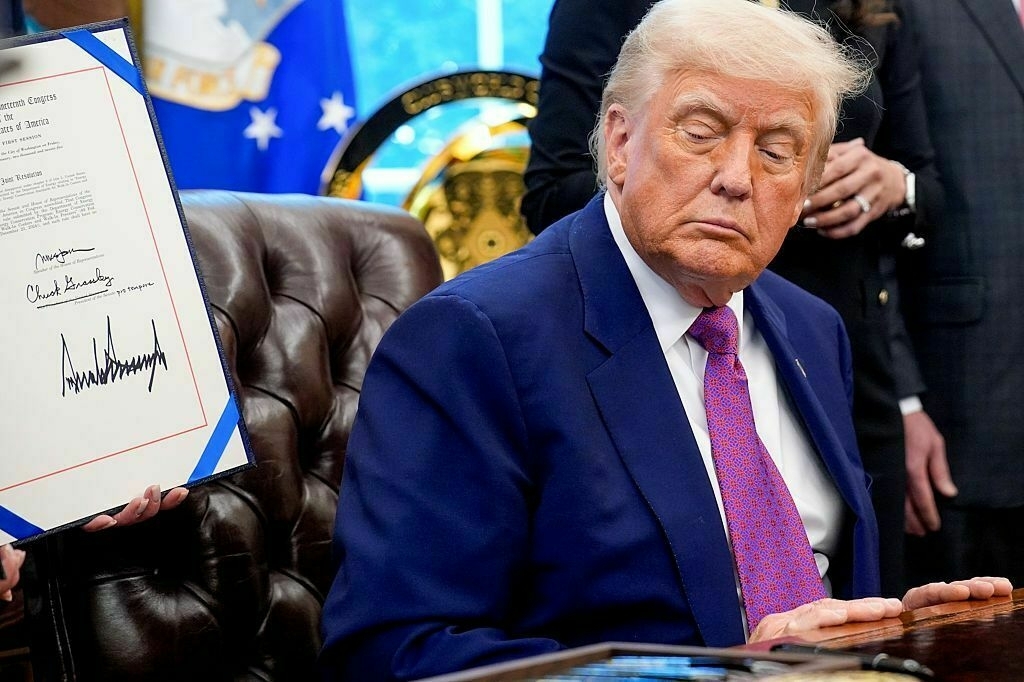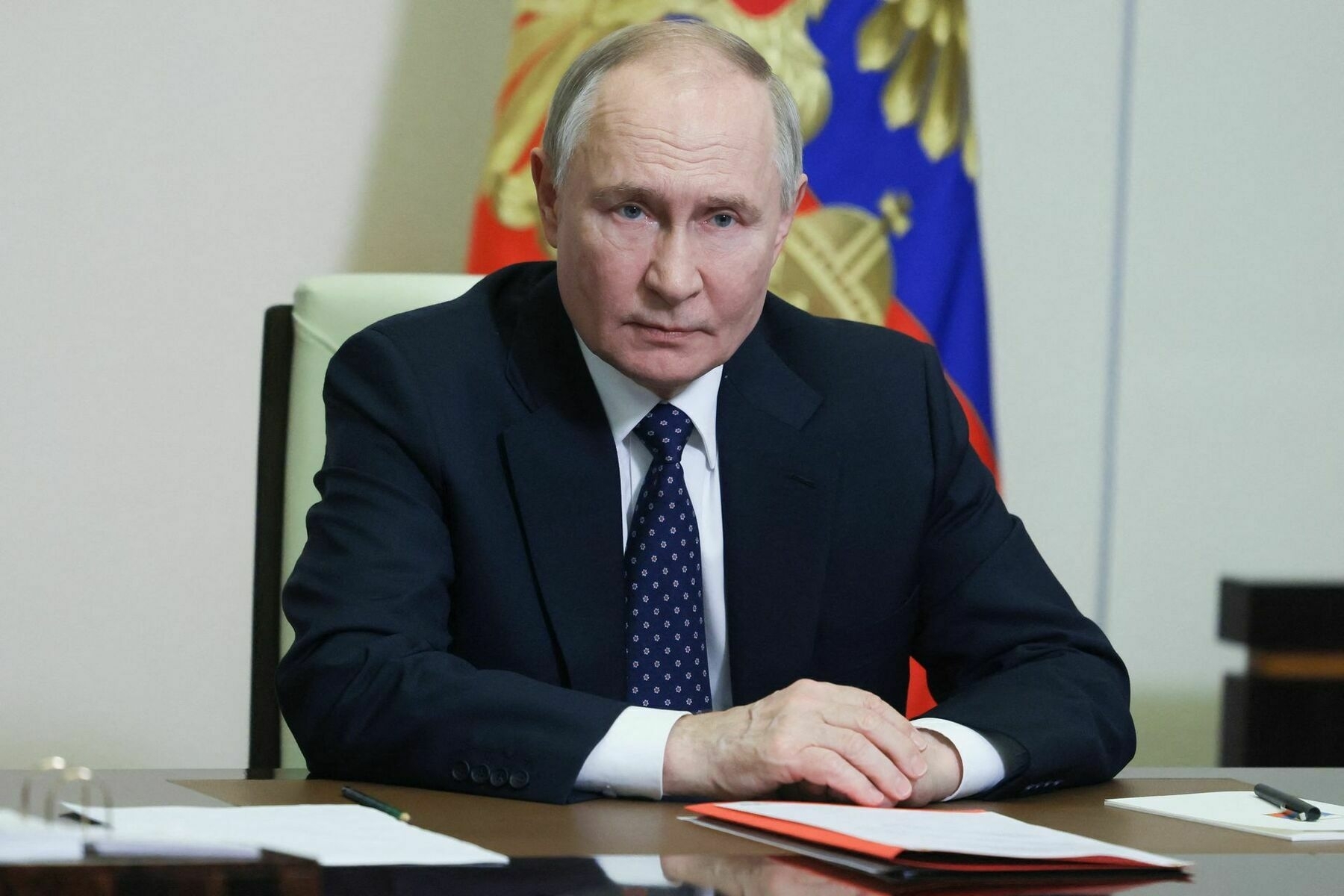
With just two days to go before Russian-proposed peace talks might begin in Istanbul, the Kremlin is still refusing to confirm whether or not President Vladimir Putin will attend the event.
President Volodymyr Zelensky has already said he will meet Putin there, a move that puts the ball very much into the Kremlin’s court.
Upping the pressure further, U.S. President Donald Trump said on May 12 that he believes that “both leaders” will be there, thrusting Putin into a delicate diplomatic dilemma — how to avoid caving into Zelensky’s proposal without upsetting Trump.
“We’re quite hesitant about whether or not Putin will arrive in Turkey,” Yelyzaveta Yasko, a lawmaker from Zelensky’s Servant of the People party, told the Kyiv Independent.
“I wonder if he would send someone else or make up an excuse not to be there — it’s very hard to say at this point what will happen."
What was Putin’s plan?
Russia has consistently demonstrated it has no interest in a full, 30-day ceasefire and has repeatedly refused to agree to U.S., European, and Ukrainian proposals to implement one.
Instead, it has unilaterally announced short-term ceasefires that Ukraine says have all been violated by Moscow.
Putin’s proposal to hold direct talks with Ukraine in Turkey came after the latest push for a full, 30-day ceasefire, backed by Ukraine, Europe, and the U.S.
The Kremlin has not responded well, with spokesperson Dmitry Peskov saying that “ultimatum language” in talks with Russia is “unacceptable."
“It’s not appropriate. You cannot talk to Russia in this language,” Peskov told a pool of Russian journalists on May 12.
The consensus among experts and Ukrainian lawmakers who spoke with the Kyiv Independent is that Russia’s counterproposal for talks in Istanbul, and its faux outrage, are simply delaying tactics to avoid doing the one thing Putin doesn’t want to do — stop the war and give up his maximalist demands.
“It’s an attempt to damage Ukraine’s reputation as a responsible international partner and paint us as unwilling to negotiate.”
"In my view, Russia's proposal to hold talks in Turkey serves two main objectives," Halyna Yanchenko, a lawmaker from the Servant of the People party, told the Kyiv Independent.
"First, it's an attempt to damage Ukraine's reputation as a responsible international partner and paint us as unwilling to negotiate — Moscow clearly hoped we would reject the offer outright.
"Second, it's a push to revive the so-called 'Istanbul agreements' from 2022 which effectively demanded Ukraine's capitulation. What Russia is trying to do now is normalize those old ultimatums and use them as a starting point for new talks."
Moscow and Kyiv held unsuccessful talks in Belarus and Turkey in the early months of the full-scale war, with no direct negotiations having taken place ever since.
Leaked copies of Russia's demands at this time show Moscow was demanding Ukraine reduce its army to 50,000 people, five times less than the country had before the all-out war, as well as reduce the number of ships, helicopters, and tanks.
Russia also planned to ban Ukraine from developing "any other types of weapons as a result of scientific research, and not to produce, acquire or deploy in Ukraine missile weapons "of any type with a range of more than 250 km."
As well as leaving Ukraine defenseless, Russia now insists that, as a condition for peace negotiations, Ukrainian troops must leave the country's Donetsk, Luhansk, Kherson, and Zaporizhzhia oblasts, recognize Russia's annexation of the regions, and abandon any ambition to join NATO.
How has Putin's plan gone?
What Russia didn't appear to anticipate was Zelensky immediately agreeing to talks and insisting that Putin meet him there.
Ukraine has made very clear that Zelensky will be in Istanbul on May 15, and that he will only talk to Putin, with presidential advisor Mykhailo Podolyak explaining that talks with lower-level representatives would be pointless.
"Only Putin can make a decision to continue the war or stop the war," Podolyak said on May 15.
The Kremlin has yet to say whether or not Putin will attend in person, and to do so would not be in the Russian president's interests.
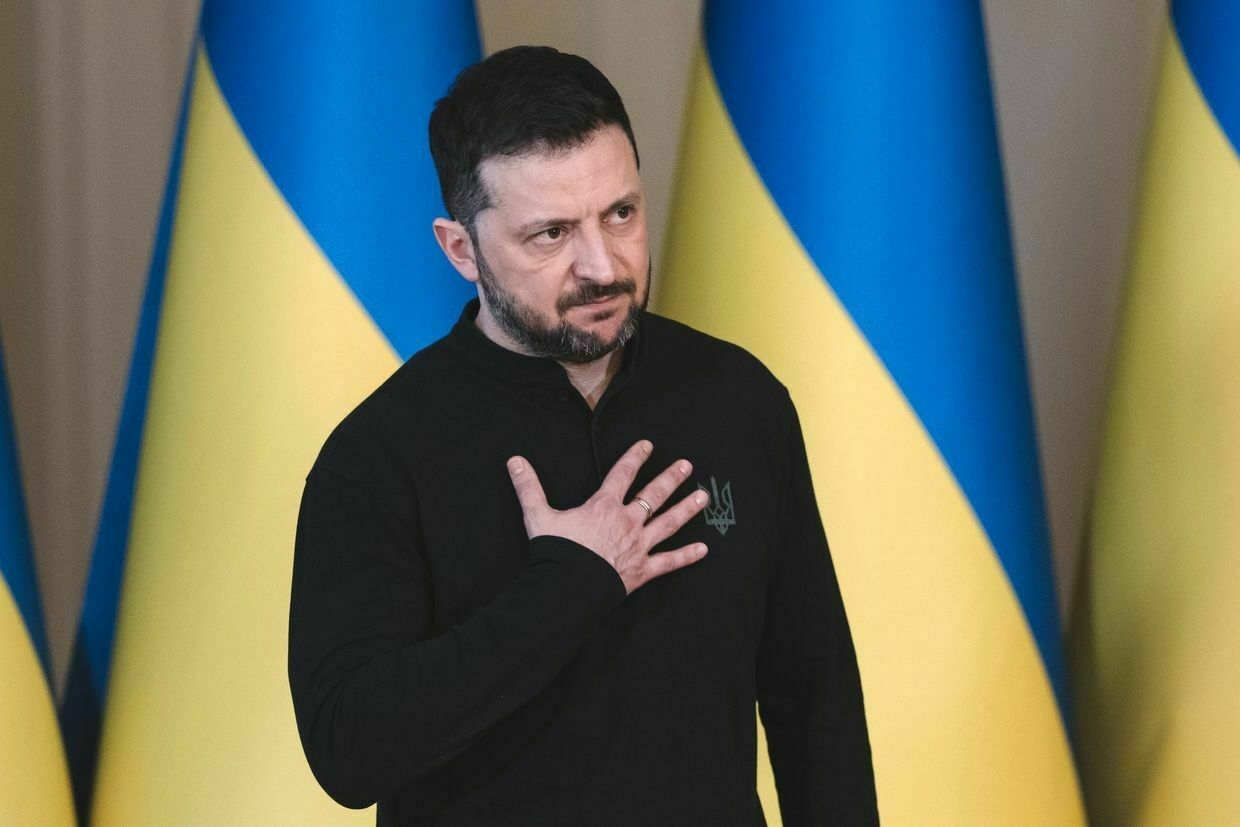
Putin does not see himself as Zelensky's equal, and has repeatedly mocked him and called him "illegitimate," so to appear on the same level on the global stage would risk him, in Russian eyes, as gifting Zelensky with the legitimacy he has tried so hard to deny.
"I don't think there's a cat in hell's chance of him turning up," former U.K. Defense Attache in Moscow, John Foreman, told the Kyiv Independent.
"He doesn't regard Zelensky as legitimate, and any talks would be technical. He'll send a functionary," he added.
This view is shared by Jenny Mathers, a Russian political expert and lecturer at the U.K.'s Aberystwyth University, who told the Kyiv Independent that Putin is "very good at finding excuses" and will likely try to engineer one that allows him to save face whilst also keeping Trump on side.
"It seems unlikely that he would grant Zelensky the status of meeting him personally, president to president, after years of claiming that the post-EuroMaidan political order is illegitimate and indeed full of Nazis," she said.
"He could easily engineer another pressing engagement, or give no excuse at all but send a negotiating team," she added.
What are the possible excuses?
One possible excuse on hand is a decree approved by Zelensky in the fall of 2022, that "stated the impossibility of holding negotiations with Russian President Putin," as a response to Russia's illegal annexation of Donetsk, Luhansk, Zaporizhzhia, and Kherson oblasts, parts of which it didn't even control.
"Putin is not ready to stop the military campaign already planned for this summer and autumn."
Moscow has previously cited Zelensky's decree as a ban on talks with Putin and used it as an excuse for avoiding direct talks with Kyiv.
But according to a source in the President's Office, the decree was a "a signal to those in Ukraine who wanted to speak (to Russians) bypassing the central government."
They added that it had been "twisted" by the Kremlin and it was in fact solely up to Zelensky to determine if he could speak directly with Putin.
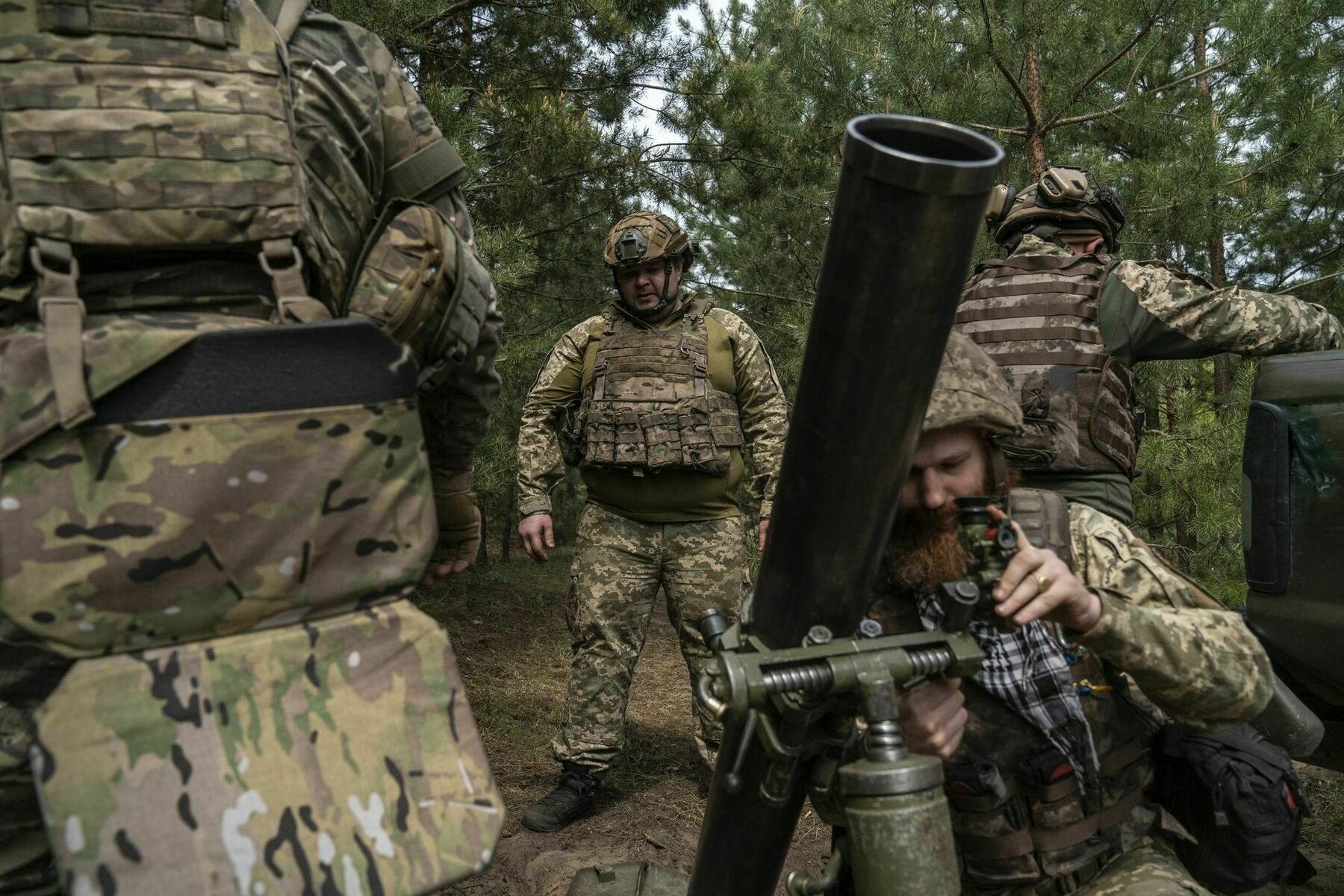
What is Putin's longer-term plan?
Among Ukrainian lawmakers who spoke to the Kyiv Independent, it's clear that Putin is simply stalling for time in order to prolong the war.
"Putin is not ready to stop the military campaign already planned for this summer and autumn," Volodymyr Ariev, Ukrainian lawmaker from the opposition European Solidarity party, said.
"He will not change his mind," he added.
As Russia continues to reject a full ceasefire, there are plenty of signs that its military and offensive operations are still in full swing.
Even as the U.S.-led peace talks have been in progress since February, Russia has been amassing troops across the border from Ukraine's Sumy Oblast, Zelensky has said.
And on the front lines in the east, Russia this week reportedly bolstered troops trying to take the city of Chasiv Yar with the elite FSB Presidential Regiment.
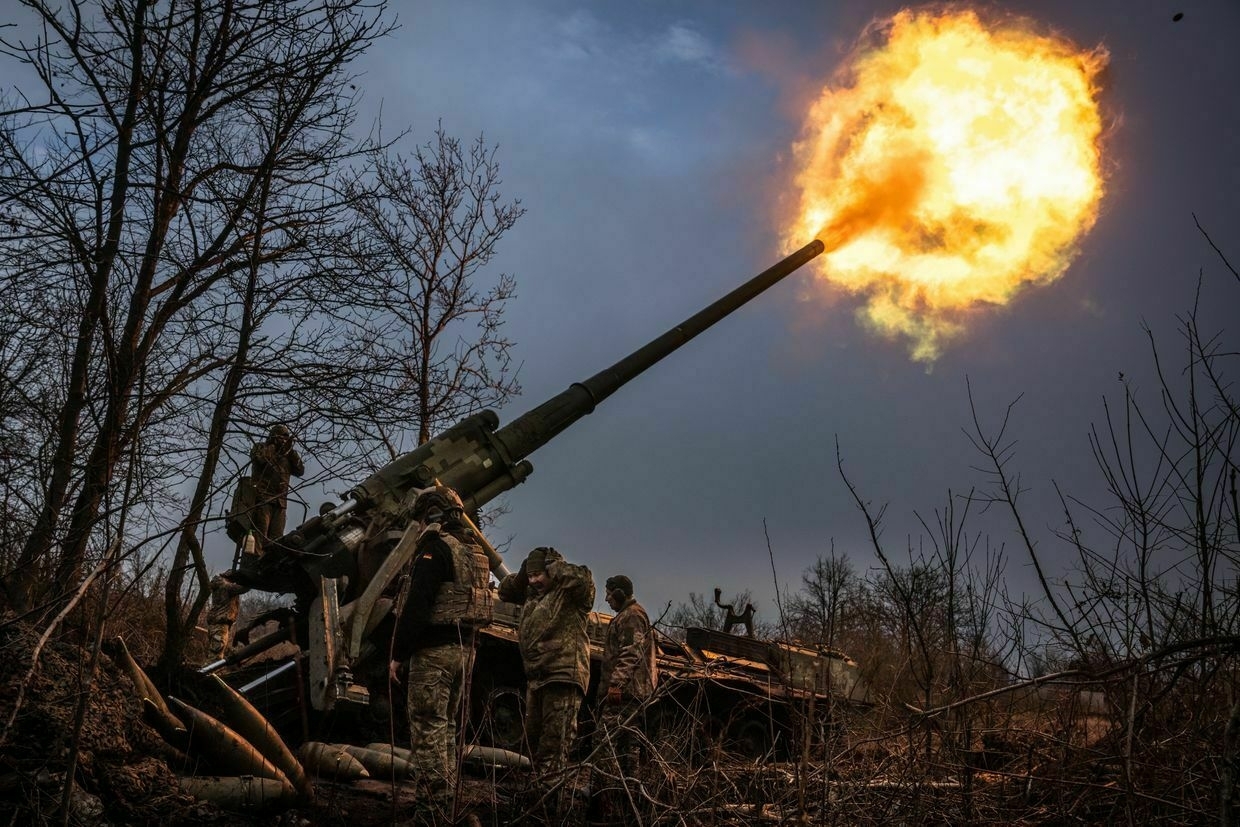
Meanwhile, devastating missile and drone attacks against Ukrainian civilians have only escalated during Trump's term in office, and there is no indication they will relent.
Over the weekend, after a warning from the U.S. Embassy in Kyiv of a "significant attack in the coming days, it was reported that Russia could be closing the airspace over the site from which it launches its Oreshnik intermediate-range ballistic missile.
Russia regularly uses close, and short-range ballistic missiles in aerial attacks against Ukraine, but intermediate-range ballistic missiles (IRBMs) and intercontinental ballistic missiles (ICBMs) are far larger, can be equipped with nuclear payloads, and are designed to hit targets at far longer ranges.
"Putin does not want any peace talks, because his goal is to seize Ukraine," Ariev said.
 The Kyiv IndependentAsami Terajima
The Kyiv IndependentAsami Terajima